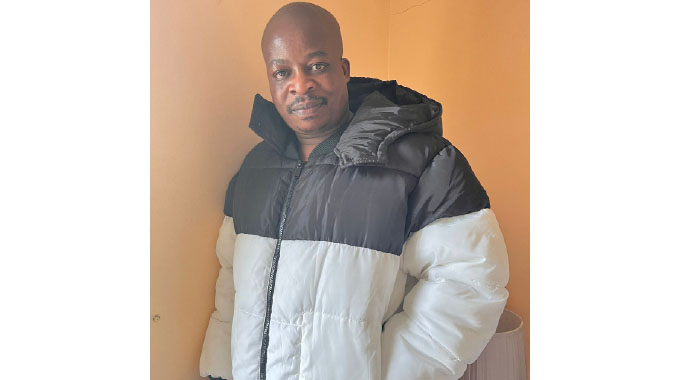Magaya searches for his Kalenjin superstars among Doma people
Robson Sharuko Senior Sports Reporter
FOR decades now, a small Kenyan tribe scattered along the highlands of the Rift Valley, the Kalenjin, has provided the world with some of its finest middle-and long-distance runners, who have turned the globe’s gruelling races into their playground. There are an estimated five million Kalenjin, in a country of about 50 million people, but their prowess as superstars — who have dominated the Olympics and the world’s biggest marathons — have left even some leading scientists searching for answers.
Some have said their upbringing at altitude, high-starch diet and physical built have helped them dominate the world, while David Epstein, a senior editor at Sports Illustrated, even dared to suggest in his book, the “Sports Gene”, that genes could be a huge factor because the Kalenjin have particularly thin ankles and calves, which also help them.
Epstein says this becomes important because “your leg is like a pendulum, the more weight you have, farther away from your centre of gravity the more difficult it is to swing it,’’ and his fascination was provoked after realising that “there are 17 American men in history, who have run under 2:10 in the marathon (while) there were 32 Kalenjin who did it in October of 2011.”
There is also the issue of their mental toughness.
Now, Prophet Walter Magaya believes he has stepped onto a similar goldfield of rich middle-and long-distance athletes, who could change the face of the sport in the country and, given the proper support, could win medals at the Olympics for Zimbabwe in the future.
The sports-mad prophet is widely known in the country for his venture into football through his franchise Yadah Stars, which he transformed from a Division Two side into a Premiership outfit in just two years.
Yadah Stars are in their maiden dance in the domestic Premiership and reached the quarter-finals of the Chibuku Super Cup after knocking out former league champions Chicken Inn and Hwange in the earlier rounds.
But Magaya, who has built a stadium at his state-of-the-art Yadah Village in Prospect area of Waterfalls in the capital, is not only looking at investing into domestic football, an area he says will always get his support even if Yadah Stars collapse, because of his passion for the Warriors and Mighty Warriors. He has a women football team, a basketball side, a handball side, a netball side and a rugby side — a sport he used to also play during his school days, while he could also branch into nurturing race horses.
But it is the transformation of the sport of athletics that has caught his imagination and he believes he could have found the right people to develop into star athletes, who could make a huge name for themselves and the country, in middle-and long-distance running.
When more than 400 people from the reclusive tribe of Doma spent time as his guests at the Yadah Hotel, with virtually all of them coming to Harare for the first time in their lives, Magaya believes he found a constituency whose raw athletic prowess could be a game-changer for the sport in the country.
The Doma people, who spend a lot of their time hunting in the remote community that is their home, are natural athletes and Magaya believes he could roll-out a master plan that could see scores of them becoming international athletic stars.
“I looked at the young men who came here, their physical attributes, their incredible endurance when they were having their sports days here and I realised that, as a country, we might be sitting on a gold mine of some fine middle-and long-distance athletes, who can really fly our flag high in international competitions if given the right support,’’ Magaya told The Herald.
“Their fitness levels are incredible, they have power and their endurance is something else and looking at their built, they reminded me of the Kenyans and Ethiopians who have been dominating long-distance running in the world and putting their countries on the map.
“I believe that if I can get the best from that area and work with them, train them and support them by providing the best coaching staff around, a good number of them could make names for themselves and also our country, around the world.
“This is a project that I am working on right now because I am convinced that there is something very, very special with the Doma people and the only problem is that, for years, we have not tapped into that talent, especially when it comes to their natural ability to run long distances.
“It’s something that I hope I can change and by giving them a platform to express their talents on the world stage, it will not only transform their lives, because there are some rich earnings in those big marathons around the world but, crucially, fly our flag high.
“I am convinced there could be some future Olympic medal winning athletes, in the middle-and long-distance, among the Doma people and that is why I am pursuing this dream to go there and give it a try in building a generation of athletes who can make a difference.’’
Whether the Doma people, just like the Kalenjin before them, can make the grade on the big stage remains to be seen, but Magaya believes they have the physical attributes he has seen in some of the Kenyan superstars to be developed into world-beaters.









Comments